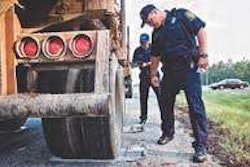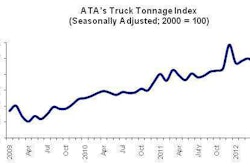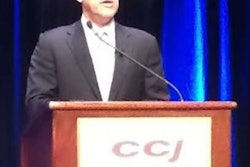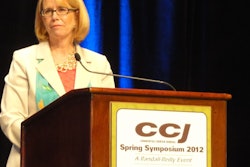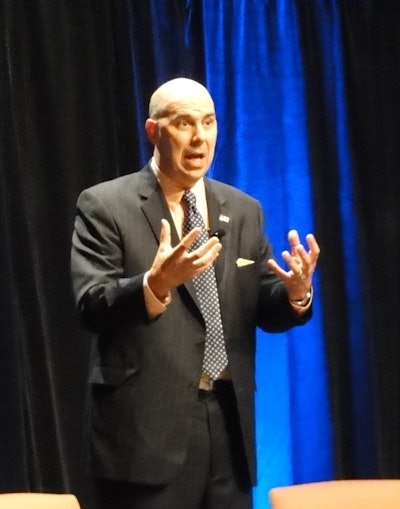
The situation is extreme, but Sgt. Eversmann says the lessons he learned as a key player in Operation Ranger — the joint U.S. military operation to capture a rouge Somali warlord eventually portrayed in the movie “Black Hawk Down” — have relevance in real-world, corporate settings. (Movie buffs will recall that Sgt. Eversmann was played by Josh Hartnett in the film.)
Eversmann says that for all the planning companies and corporations engage in, many fail to consider the most extreme possibilities that could occur — situations he terms “Strategic Shock;” events so extreme and so far outside mainstream happenstance that they defy conventional wisdom: Hurricanes, earthquakes, fires or even economic collapse all qualify, Eversmann says. And he notes that while these occurrences are so random and overwhelming that any real preparation is unrealistic, by simply acknowledging the possibility that such events are possible and fostering a system that promotes the best qualities of your employees can go a long way toward seeing you and your company through even the most unimaginable of catastrophes.

“One of the most fundamental of these traits is the ability to consistently put the needs of others first,” Eversmann says. “For me, taking command of my section on the verge of Operation Ranger was not about me or any juvenile fantasy I had about being a Ranger. It’s about doing a job that needs to be done — both for my men and the people of Somalia. We were doing a job because no one else in the world can do it, or will do it.”
On the ground on a Somali street, Eversmann realized that philosophy would enable his men to carry the day, even when faced with overwhelming odds and taking heavy fire from three sides.
The soldier lying in the street hadn’t been hit by gunfire. He’d fallen from the helicopter during the high-speed insertion. Nonetheless, the medic informed Sgt. Eversmann that without an immediate medivac, the soldier would die. For a brief moment, Eversmann was overwhelmed by the enormity of the situation he was in and the decisions he was being called upon to make.
But then, he says, he had an epiphany: He looked to his left and right and realized the sergeants under his command had their men deployed and were putting heavy fire back into enemy positions. “And I realized right then and there that I couldn’t worry about everyone in my command. And more importantly, I didn’t have to: They knew their job. They knew what needed to be done and how to do it. My job is solve some problems. And the problem I had to solve was very basic: Get the wounded solider to safety. And if they couldn’t come to us, we had to go to them. It was literally that simple.”
Eversmann says his time during the “Black Hawk Down” operation and a subsequent 15-month tour in Iraq taught him the key traits that people who succeed in extreme situations all possess. “There are three of these traits,” he notes. “They always put the needs of others first. They are morally courageous and they operate within a system that encourages moral courage, and they fulfill their obligations. They do not quit until they do what they say they are going to do — and that outcome is not negotiable.”
No one can predict the future, Eversmann notes. And while extreme catastrophes are rare in the United States, they do occur: 9/11 and Hurricane Katrina are prime examples. “And, God forbid, should something on that scale happen to you, your company or your family, are you ready?” Eversmann asks. “What are you going to do? Have you even thought about it? Will you rely on your people or your processes to see you through the emergency?”
As for himself, Eversmann says the mottos of the units engaged in the horrific firefight in the streets of Mogadishu give him the guidance to see him through those tough times: “Free the oppressed,” “Night Stalkers Don’t Quit.” and “Rangers Lead the Way.”

